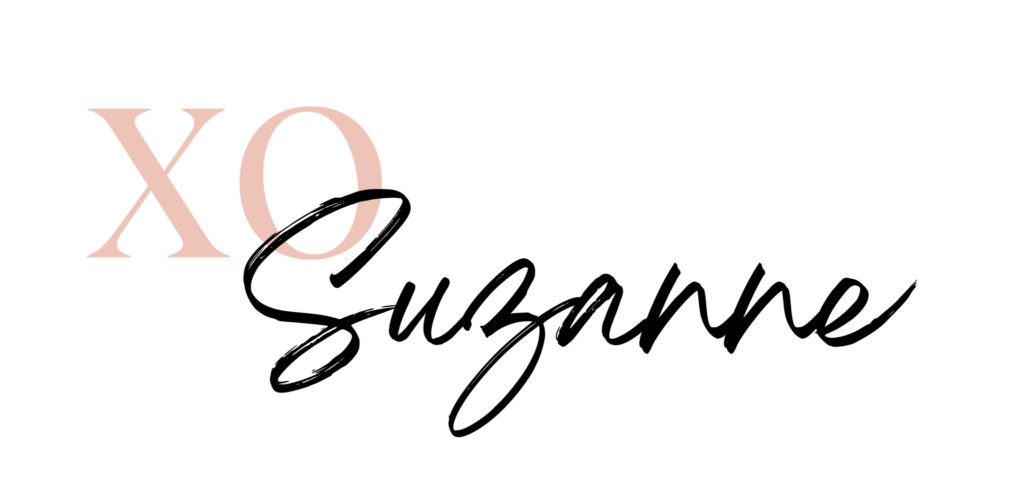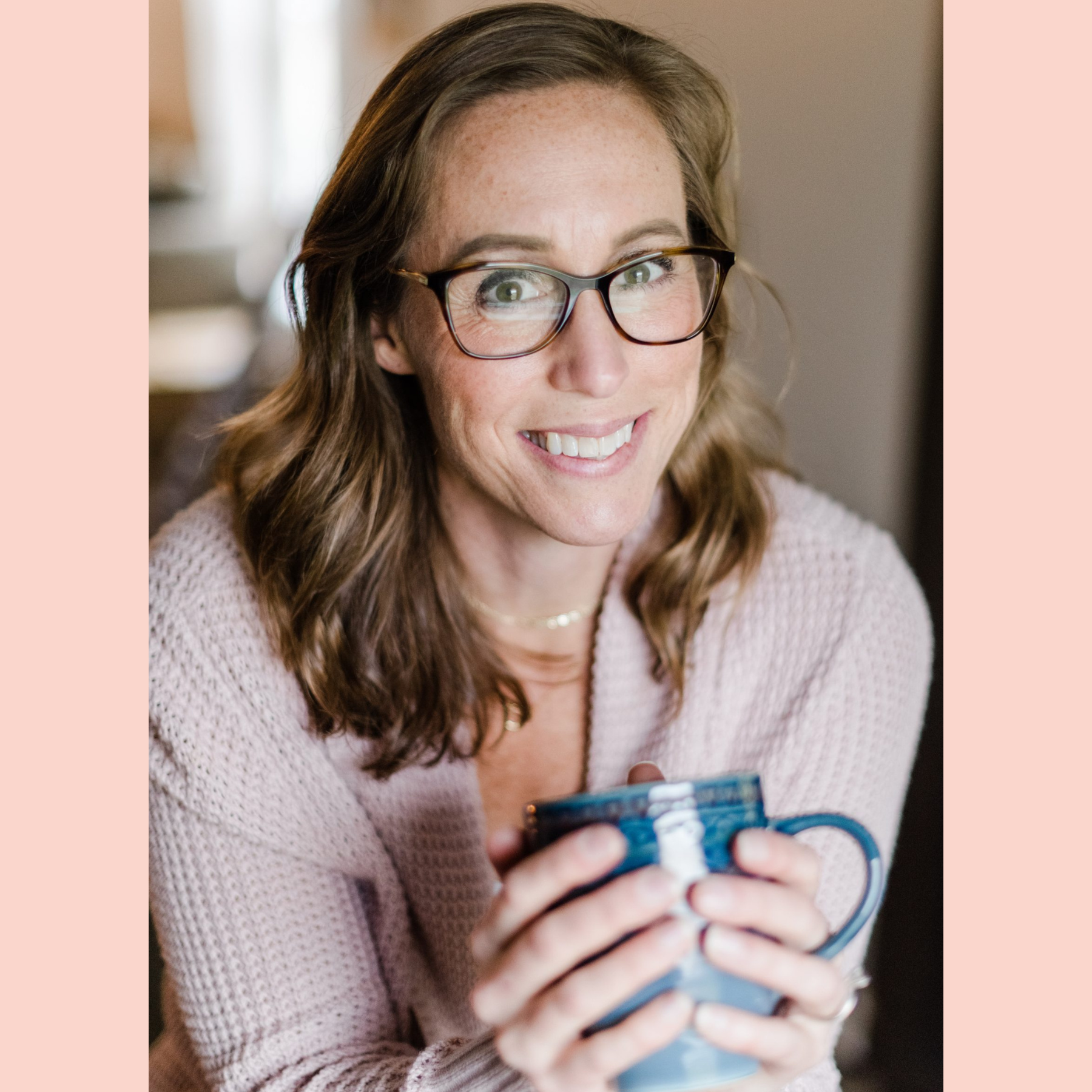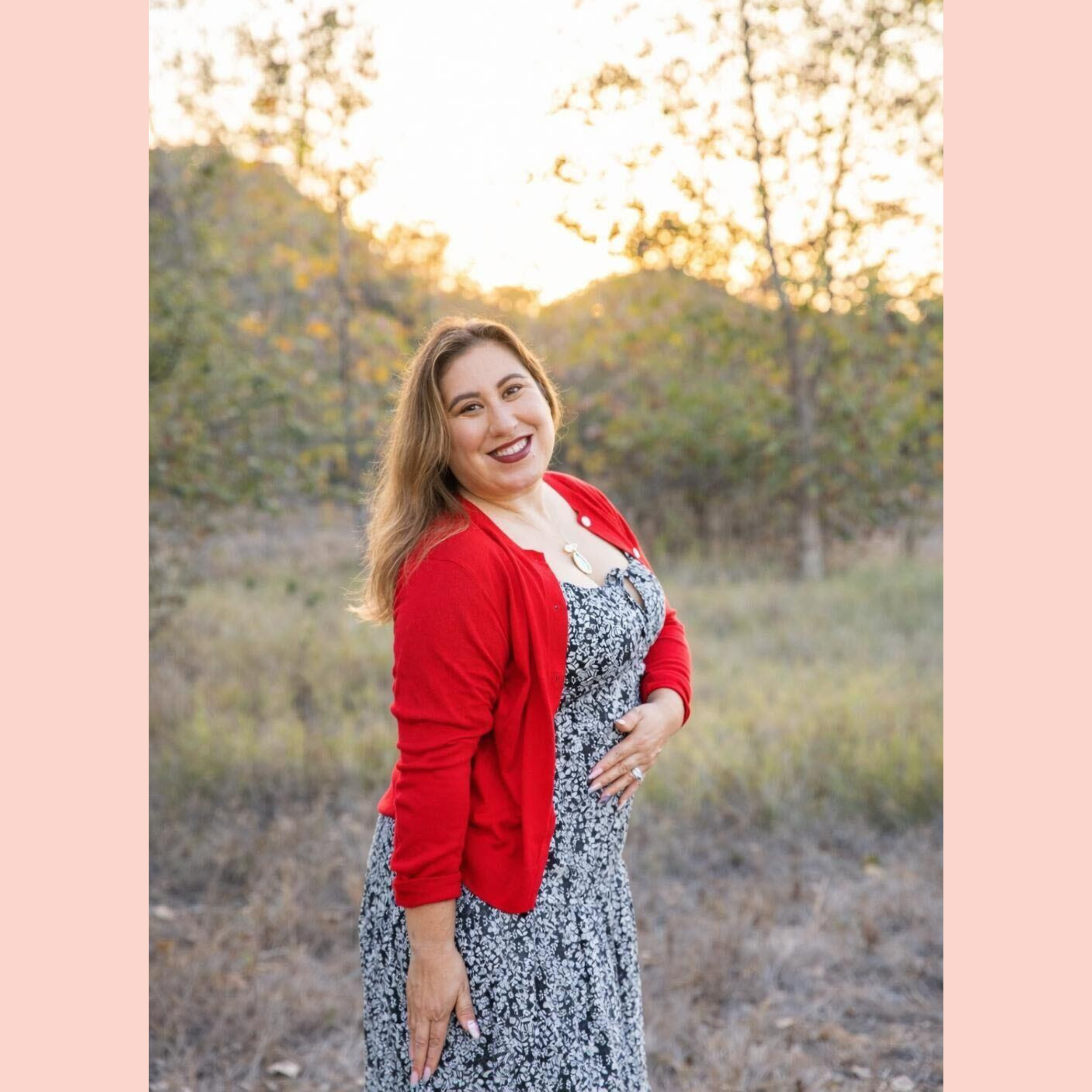If the idea of talking to your kids about your sobriety feels overwhelming, you’re not alone. These conversations are big. But they don’t have to be scary. Whether you’re newly sober or years into your alcohol-free life, it’s never too late (or too early) to have honest, age-appropriate conversations with your children about why you’ve chosen a different path.
And here’s the thing, kids are smart. They pick up on more than we realize. They can feel when something shifts in the home, even if they don’t know how to name it. So rather than leaving them to fill in the blanks, we can offer clarity, connection, and reassurance in ways they can actually understand.
Let’s talk about how.

Age-Appropriate Ways to Talk to Your Kids About Your Sobriety
Start Where They Are, Not Where You Are
One of the most helpful things to remember is that your kids aren’t asking for a TED Talk. They don’t need a deep dive into your past, your rock bottoms, or your full healing journey. What they need is context, comfort, and language that matches their developmental stage.
For toddlers and preschoolers, you might say something like:
“Mommy doesn’t drink wine anymore because it didn’t make her feel good.”
That’s it. Simple. You’re planting seeds of truth without oversharing.
For elementary-age kids, you might explain:
“Some grown-ups drink alcohol, but I realized it was starting to take up too much space in my life, and I wanted to be more present with you.”
And for teens, especially if they saw you drinking or are asking more questions, you can go deeper:
“I used to think alcohol helped me have fun or relax, but it started affecting my mental health, my sleep, and how I showed up for you. Choosing sobriety was one of the best decisions I’ve made for our family.”
No shame. No dramatics. Just truth, shared with love.
Be Honest, but Not Heavy
You don’t need to protect your kids from the truth, but you can protect them from the weight of it. Sobriety is something to be proud of, it’s a sign of growth and strength, not something to tiptoe around.
You can say things like:
- “I’m learning how to take better care of myself.”
- “Sometimes grown-ups make changes when something isn’t working, and that’s what I did.”
By modeling honesty and emotional regulation, you’re teaching them so much more than just about alcohol. You’re showing them what it looks like to course-correct with grace.
Make Room for Questions
Even if your kids don’t ask anything in the moment, let them know they can. Say something like:
“If you ever have questions about this, you can always ask me. I’ll answer in a way that makes sense for your age.”
That small invitation can go a long way in building trust. Your sobriety doesn’t have to be a one-time announcement, it can be part of an ongoing, evolving conversation over time.
Celebrate the Good
Your sobriety is not just the absence of alcohol, it’s the presence of so much more. Connection. Laughter. Mornings without regret. Nights filled with bedtime stories instead of wine glasses.
Let your kids see the joy. Celebrate the changes. Let them experience firsthand what life looks like when you’re fully present.
You can say:
“I’m so glad I made this change, because now I get to do more things with you that I love.”
And don’t be surprised if they say something like:
“I like you better now.”
Yes, that one stings. But it also heals.
You’re not alone. There’s no script, no perfect way to have these conversations, but the fact that you want to have them already says everything about the kind of parent you are.
This is brave work. Vulnerable work. Healing work. And it’s okay to do it messy. What matters is that you show up.
You’re not broken, you’re becoming. And your kids get to witness that transformation in real-time. What a gift. And remember, every honest conversation you have with your kids plants a seed of trust, connection, and healing, for both of you. You can do this.
I created The Sober Mom Life Café so women could have a safe space to explore their relationship with alcohol and find freedom in sobriety. We have Zoom Peer Support meetings every single day, sometimes multiple meetings a day. You felt alone in your drinking. You don’t have to feel alone in sobriety.
Click below to try the Cafe FREE for one week.


